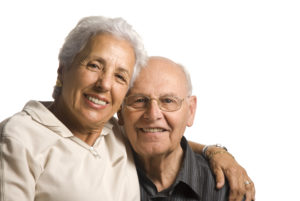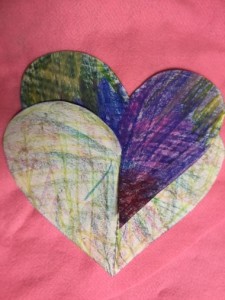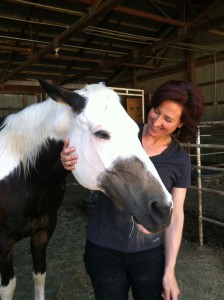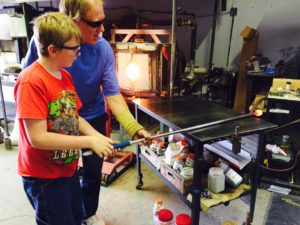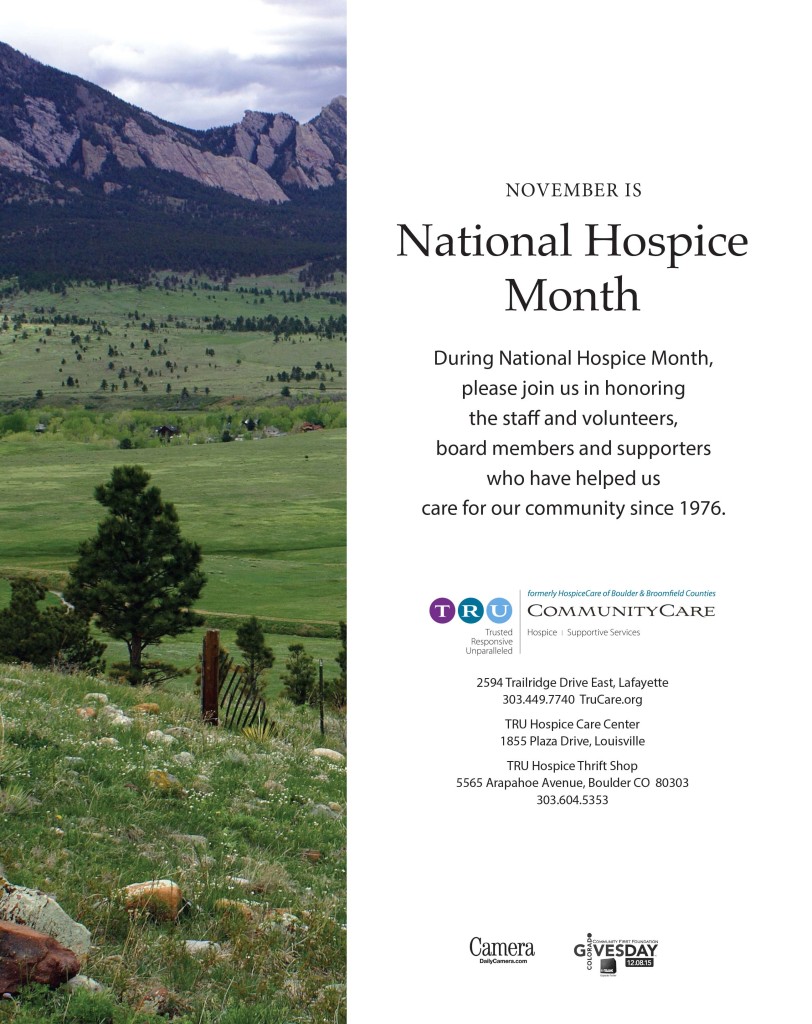 How can we consciously use nature to heal from grief? It’s a question that comes up here at TRU Community Care, and we recognize, especially in our active, outdoor-focused community, that people heal in many different ways. Here are several suggestions from Mother Nature Network.
How can we consciously use nature to heal from grief? It’s a question that comes up here at TRU Community Care, and we recognize, especially in our active, outdoor-focused community, that people heal in many different ways. Here are several suggestions from Mother Nature Network.
- Explore nature-based rituals – There are a myriad of options for incorporating nature into ceremonies.
- Get out more – Simply set a routine to keep moving after the loss of a loved one.
- Use visualization – Hold images of nature in your mind, as an inspiration to keep going.
- Start a garden: For those who are grieving, gardening has many therapeutic qualities.
- Be creative – There is no “right way”… seek out ideas and activities that work for you.
Adapted from “How Nature Can Help Us Heal From Grief” by Sami Grover. Mother Nature Network, April 16, 2013
